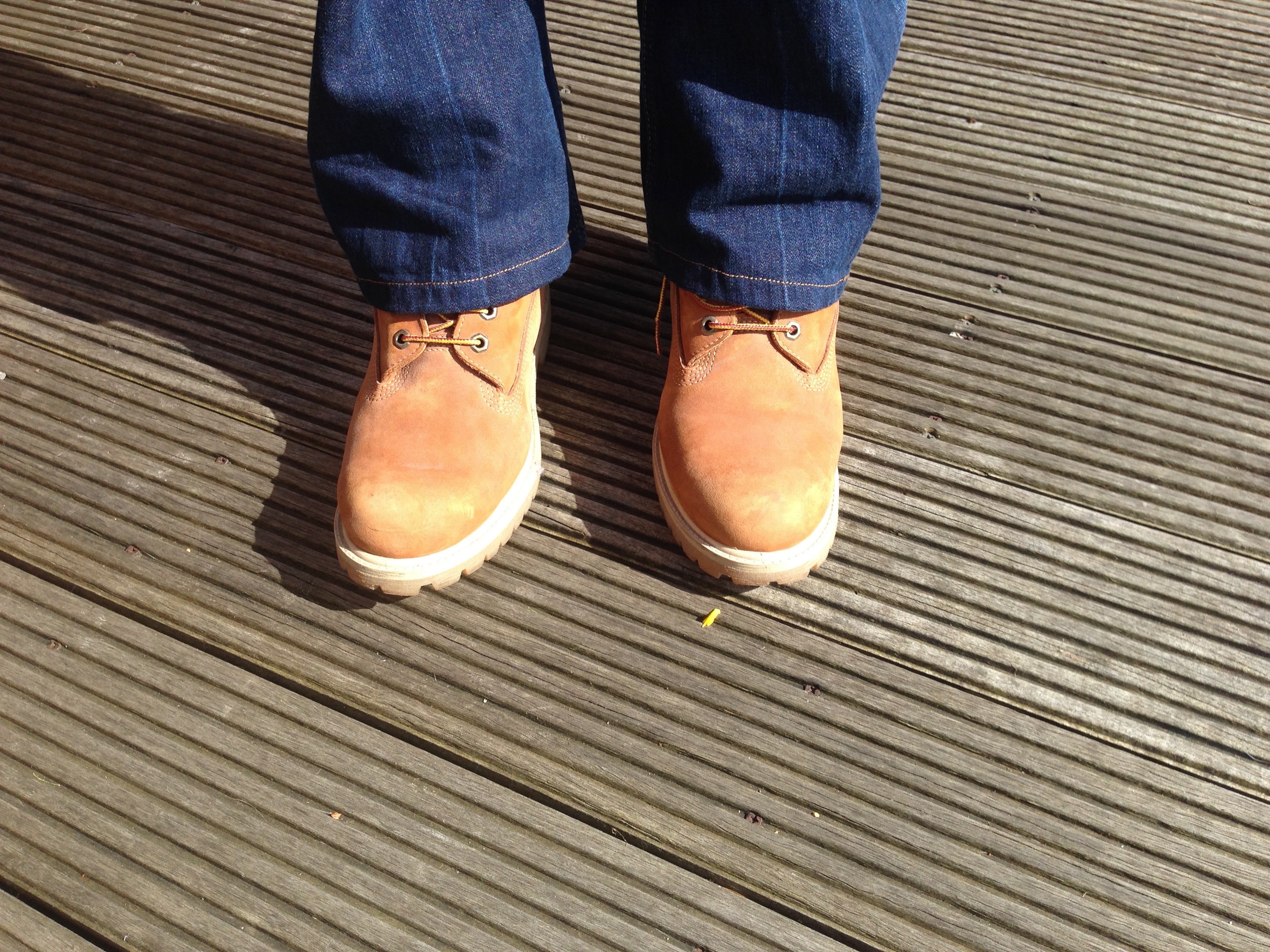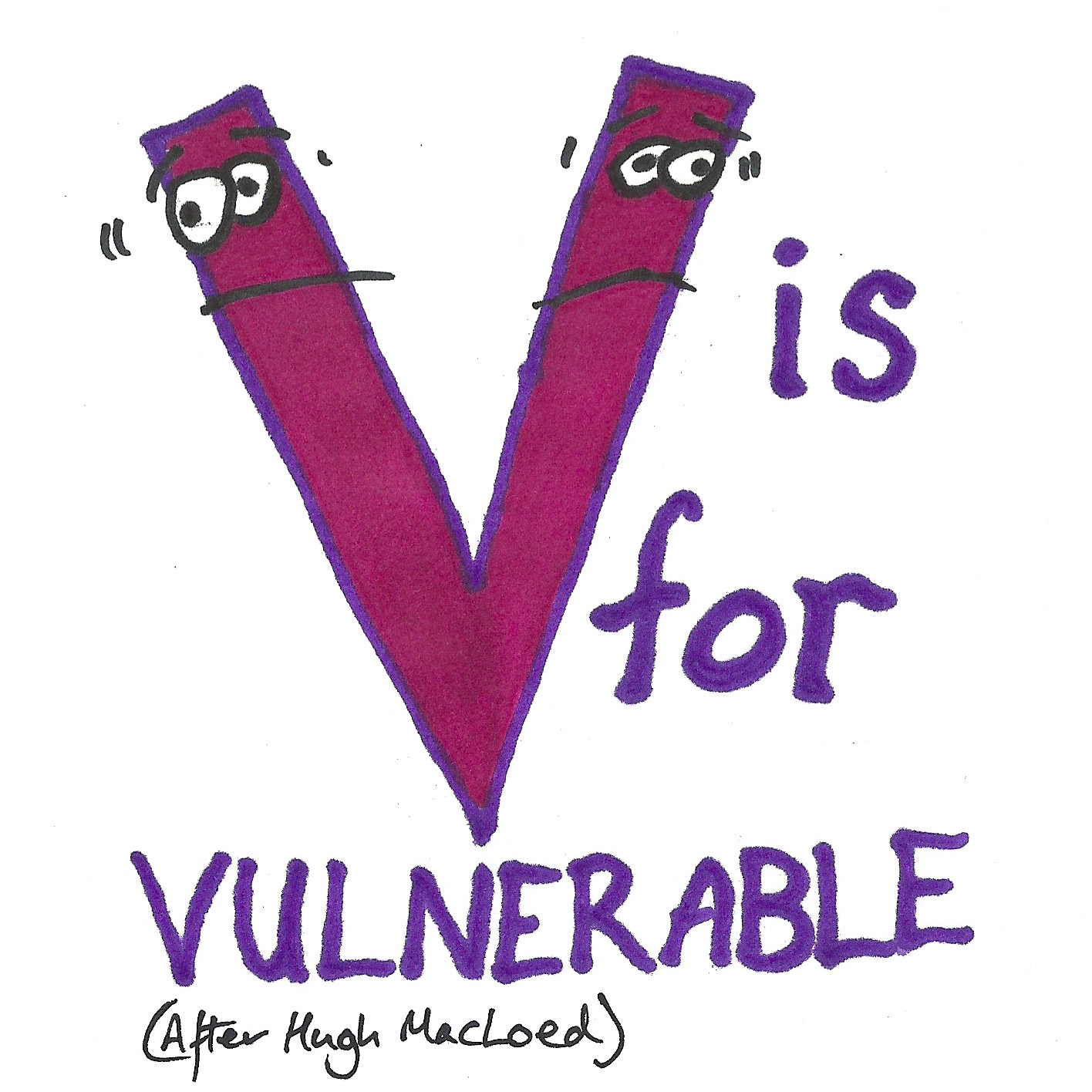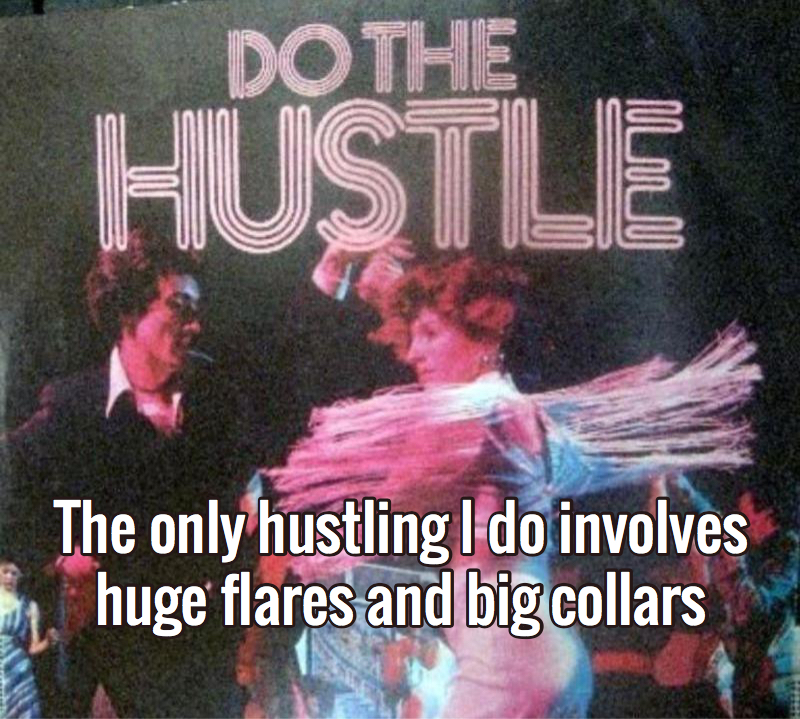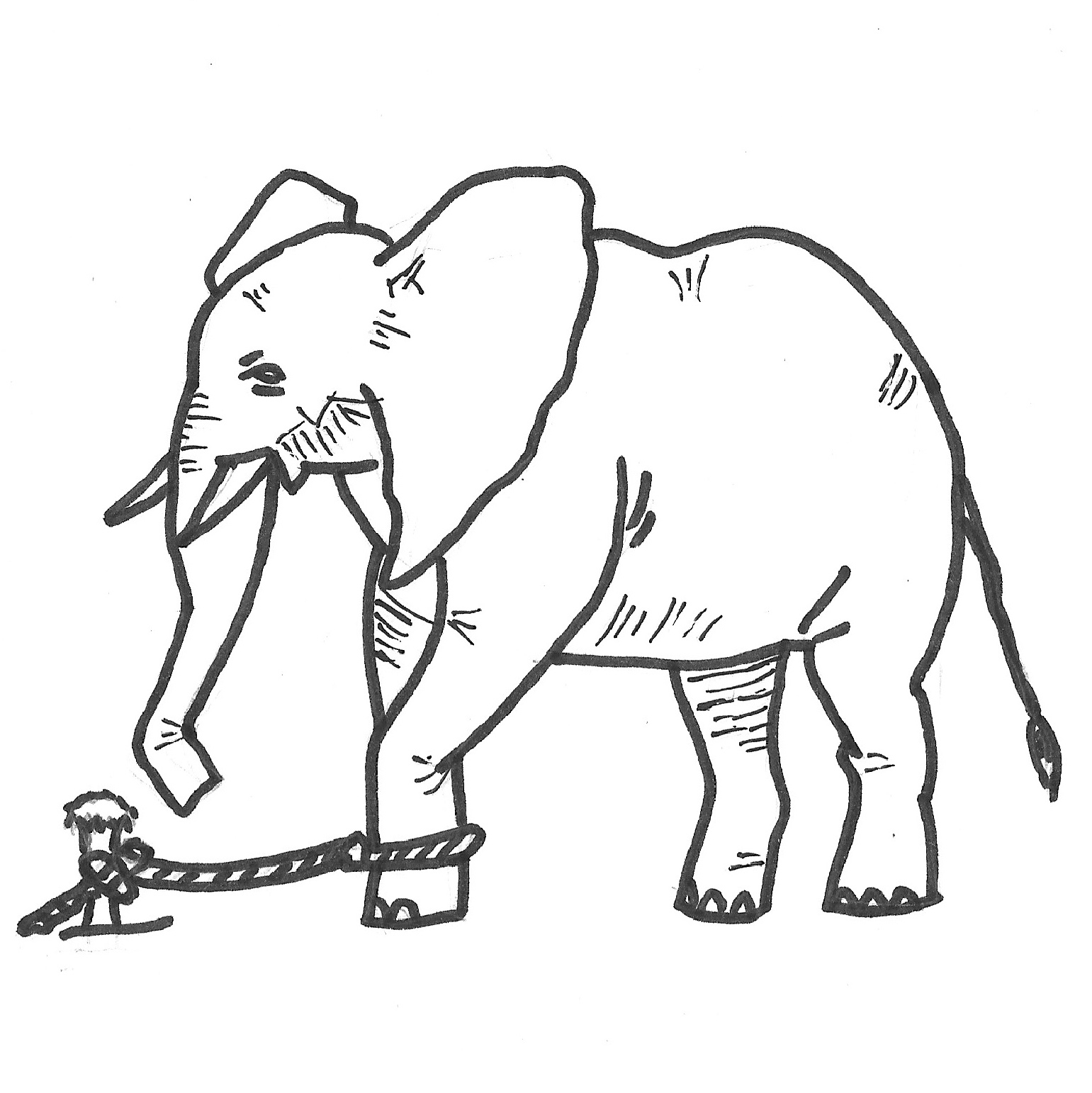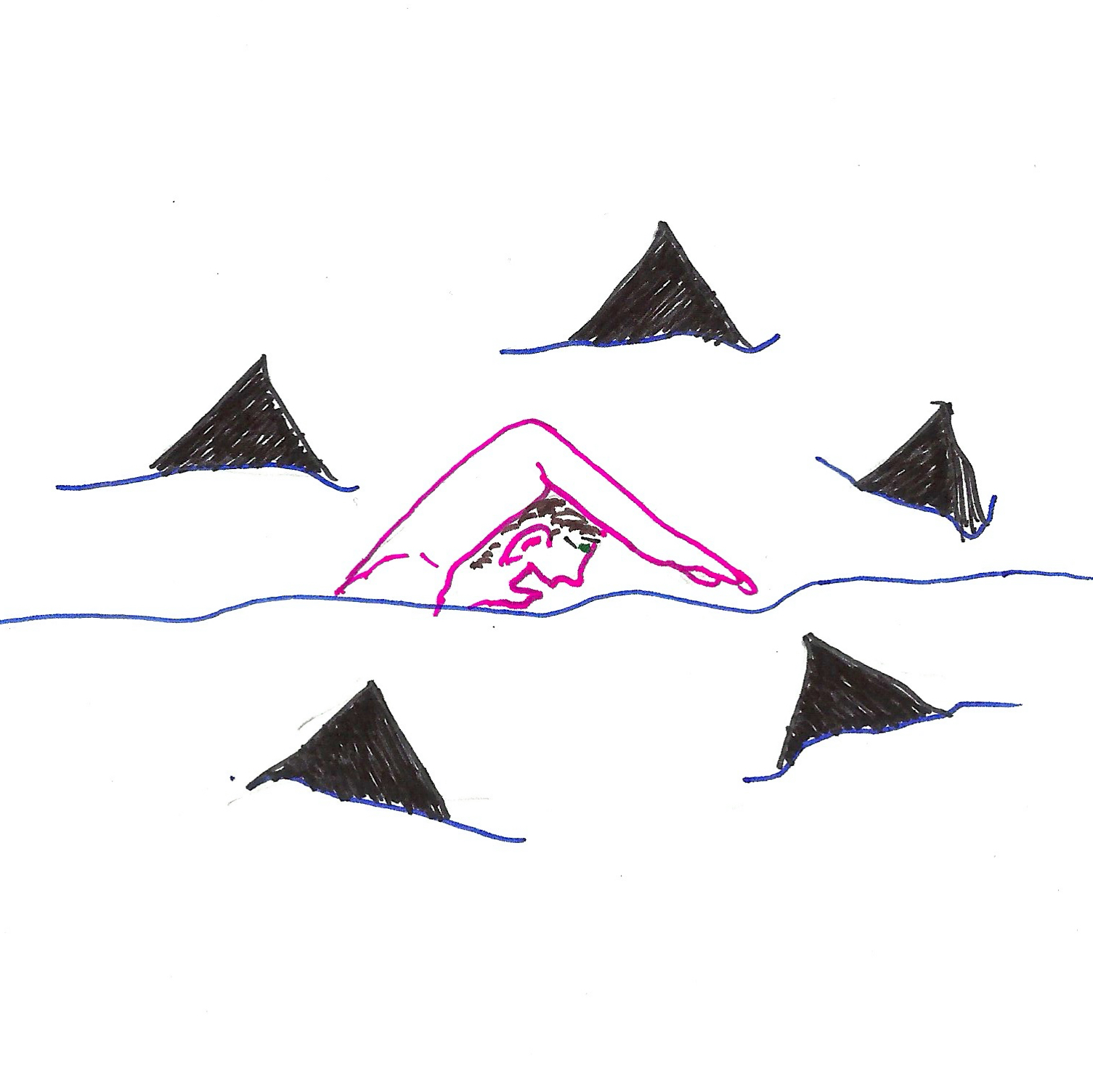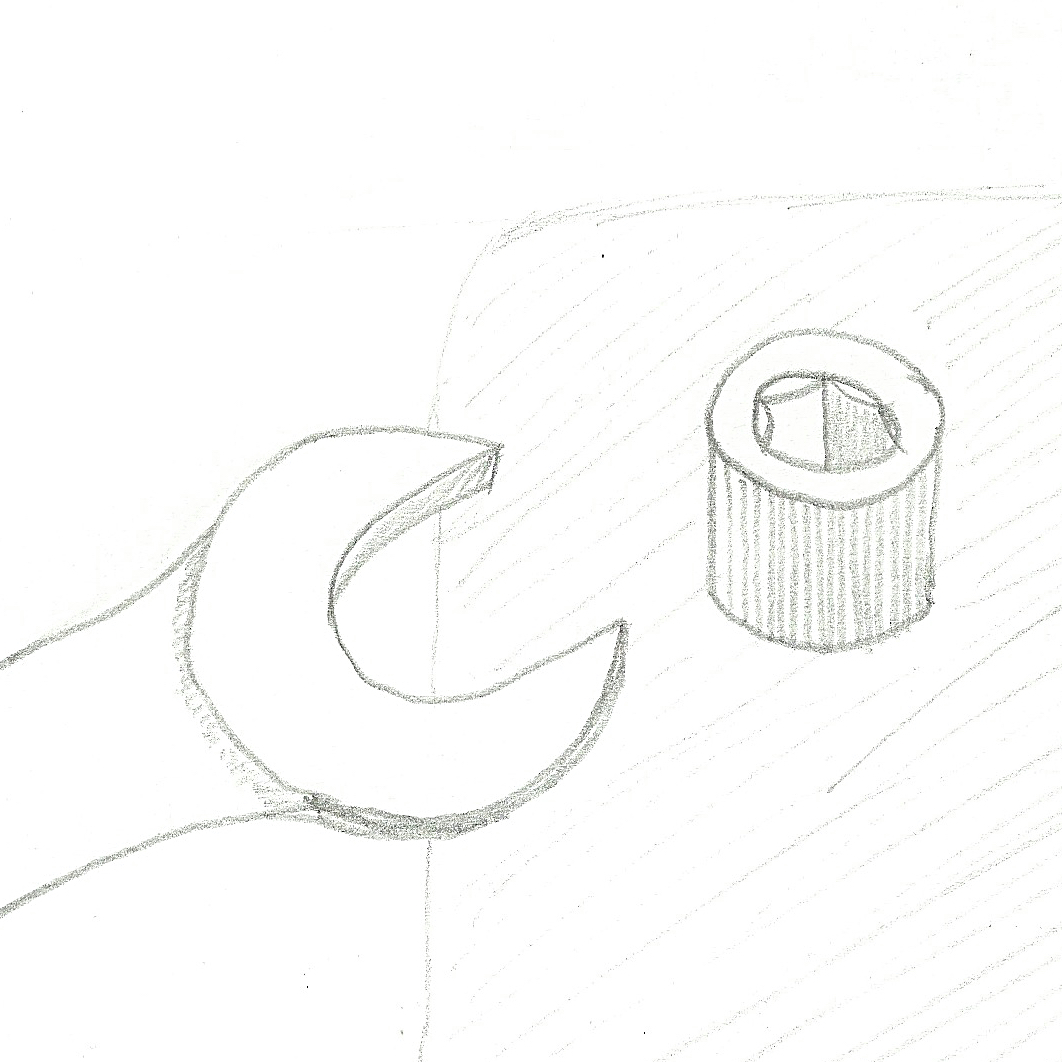It’s a natural reaction after leaving the Mothership to look for another job. After all, paid employment is all the we’ve known and the pull of the paycheque remains strong. We feel like there is certainty and security around having a job and it looks a lot less threatening than the alternatives. In fact, it seems like the safest and best option.
In fact, the opposite may well be true, for several reasons.
The first one is that recruitment is broken. The process of selection has become so convoluted, so contrived and so capricious that it has become painful to go through. It’s a massive time and energy suck, from deciphering the management gobbledegook and ridiculously specific requirement specs to submitting your application through tortuous and unfriendly websites.
In return, you mostly get ignored (if you’re lucky) or demeaned. Not only do companies feel it is perfectly acceptable not to acknowledge any applicants (even though this would be a cheap and easy thing to do with today’s systems and technology), I’ve heard of people who have gone through several interviews and then hear nothing, get no further response at all. I’ve also heard of job specs being changed during the interview process or jobs being pulled altogether – both between the offer and the contract and even between the contract and the start date.
It’s hardly comforting to reflect that your fate throughout this process is in the hands of people who would have looked to you for advice and guidance, and even mentoring, in the past. Now, they can remove your application in a second, due to misunderstanding, bias or even by error. After so many years of holding senior positions and being responsible for making things happen, this lack of control makes you feel powerless and is very stressful.
The second reason is that if the process doesn’t kill off your chances, somebody in the process will because of your age, experience and perceived cost. Of course, ageism is illegal but that doesn’t mean it doesn’t exist, it just means it’s not explicit. It’s entirely possible the people interviewing you, selecting you and potentially those managing you will all be younger and less experienced than you. They may perceive you as a potential threat, or inflexible, or too questioning, or just difficult to relate to, or any of the many other preconceptions about older executives.
It’s been shown that the older people are, the more effective they are in getting things done but this premium, that comes from experience and wisdom, is not well recognised. Youth and energy is more prized in our modern work environment.
Thirdly, it is likely that you will end up applying for roles that only play to one or two of your strengths, or are at a more junior level than you had previously worked, in order to widen your search and improve your odds. Actually, this can do the opposite. If you go for, say, project management roles because you’ve done a lot of that in the past, you are going to be up against project management specialists who will have more focused experience and skills than you. If you are going for more junior roles, you will be seen as over-qualified and may be perceived as a threat by those who will be above you.
Finally, if you didn’t leave the Mothership on your own terms, you probably had a painful and bruising exit. You may well have had an extended period of unpleasantness before that. Do you really want to go back into that sort of toxic environment again? Is it really worth it?
In short, trying to get a job back in corporate land can leave you open to indifference, rejection, disrespect and even abuse. It’s entirely possible that you can spend months and months applying for jobs without getting anywhere, draining your energy, enthusiasm and your precious finances. When your confidence has already taken a blow and your self-esteem is in a lull, opening yourself up to this can be very risky. Does this still sound like your best option?
Some people do manage to get another job, often through their network, and it’s likely to be one of the large percentage that are never advertised. If that’s possible for you, then great. You will probably know if that’s viable quite early on and will have had opportunities come to you by that route in the past. However, there is still the question of whether you wish to remain in that toxic environment. What’s more, the chances are that you will be back outside the Mothership again in a few year’s time.
For many of us, however, our networks are not well-developed or extensive enough to yield these opportunities. If that’s the case for you, then your best and safest option is to focus on Plan B and forget about trying to get another job. And Plan B is to create a life that is rewarding, fulfilling and sustainable. A life designed to fit you and not to fit an employer. The best option is actually to work for your own future.

